


April 17, 2010 - Thursday, April 22, 2010 is the 40th anniversary of Earth Day. We wonder if Governor Arnold Schwarzenegger will take this occasion to sign the bill that would ban smoking on state-run beaches and parks.
Earth Day 2009 promoting environmental citizenship - Tobacco A Major Culprit..;
Earth Day 2008 promoting environmental citizenship - Tobacco A Major Culprit..
The California Senate on Thursday, April 15th voted 21-13 to send Governor Schwarzenegger a bill that would ban smoking on state-run beaches and parks. The bill (Senate bill 4) is believed to be the nation's most far-reaching smoking ban in state parks. It aims to cut down on litter, secondhand smoke and forest fires at California's 278 parks and 64 beaches by imposing a $100 fine on people who violate the ban, according to its author, Sen. Jenny Oropeza, D-Long Beach.
Back on March 22, 2010 the state Assembly voted 42-27 in favor of the ban. Anti-smoking groups say the bill would make California the first state to ban smoking throughout its entire park system if it is signed into law. The legislation faces one more vote in the Senate before it can be sent to health-conscious Gov. Arnold Schwarzenegger, who has not indicated whether he will sign it. (California - State Assembly approves smoking ban at state parks and beaches..) Jeff Macedo, a spokesman for Gov. Arnold Schwarzenegger, says the governor has not yet taken a position on it.
The bill has encountered stiff opposition, including from the state Department of Parks and Recreation, which contends the rules will be difficult to enforce. Oropeza's measure exempts state park campsites and Oceano Dunes State Vehicular Recreation Area, an off-road vehicle area, from the ban.
The passage of the law and then making people aware the law exists only will help to reduce litter at beaches and parks throughout the state.
Supporters say the measure is needed to keep state parks and beaches clean and fire-safe and to eliminate exposure to secondhand smoke. Opponents, including tobacco companies, have noted that many cities have already enacted ordinances to ban smoking on beaches.
Reference: Bill to ban smoking at state beaches and parks goes to Schwarzenegger, Dan Smith, Bee Capitol Bureau Chief, The Sacramento Bee, 4/16/2010; California smoking ban at state parks on governor's desk, The Associated Press, 4/15/2010.
Related news briefs:
California - State Assembly approves smoking ban at state parks and beaches..;
California - vote tomorrow, nation's most far-reaching smoking ban in state parks..;
California - “The No Smoking at State Parks and Beaches Act..”;
Maine - smoking prohibited at states parks, beaches and historic sites..;
Read more...


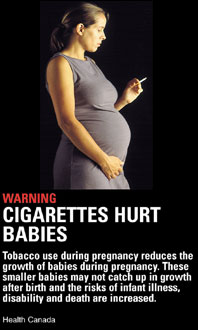 April 16, 2010 - Teenage daughters of Western Australians (WA) mothers who smoked during pregnancy have been found to have ovaries 10 per cent smaller and a uterus 20 per cent smaller in groundbreaking Raine Study research looking for links between cigarettes and infertility.
April 16, 2010 - Teenage daughters of Western Australians (WA) mothers who smoked during pregnancy have been found to have ovaries 10 per cent smaller and a uterus 20 per cent smaller in groundbreaking Raine Study research looking for links between cigarettes and infertility.

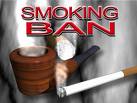
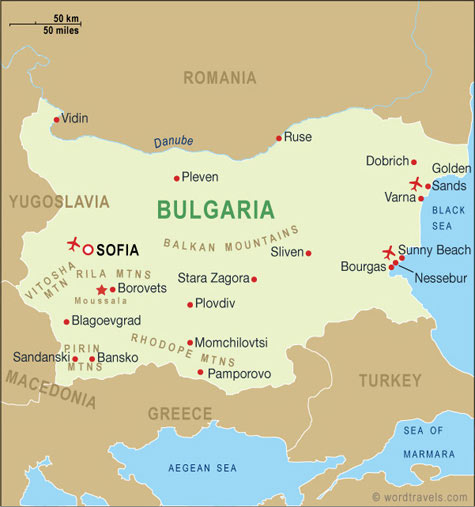



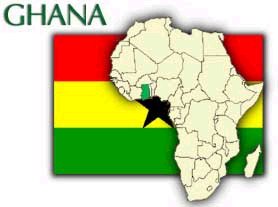
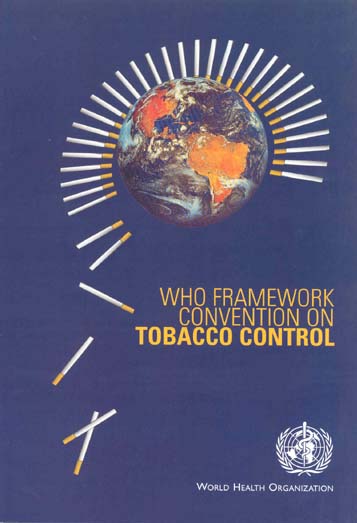 April 18, 2010 - Ghana is to host the Second Working Group meeting on World Health Organisation (WHO)
April 18, 2010 - Ghana is to host the Second Working Group meeting on World Health Organisation (WHO)  April 16, 2010 - CHICAGO -- Convenience store in-store sales grew 4.9% in 2009, one of the lone bright spots in a battered U.S. economy that saw overall retail sales drop 7.0%, according to figures released today by NACS (National Association of Convenience Stores).
April 16, 2010 - CHICAGO -- Convenience store in-store sales grew 4.9% in 2009, one of the lone bright spots in a battered U.S. economy that saw overall retail sales drop 7.0%, according to figures released today by NACS (National Association of Convenience Stores).

 April 15, 2010 - After much deliberation, India has banned further foreign direct investment in the cigarette business. (
April 15, 2010 - After much deliberation, India has banned further foreign direct investment in the cigarette business. (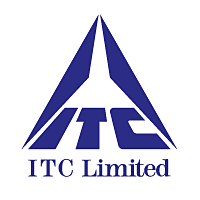 That seems to be a blow to the likes of Japan Tobacco and British American Tobacco, which were lobbying to expand their small presence in the growing and increasingly affluent market.
That seems to be a blow to the likes of Japan Tobacco and British American Tobacco, which were lobbying to expand their small presence in the growing and increasingly affluent market. 
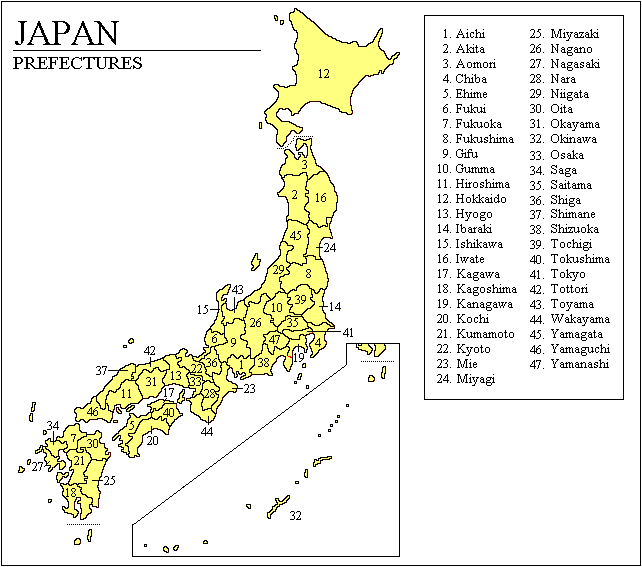
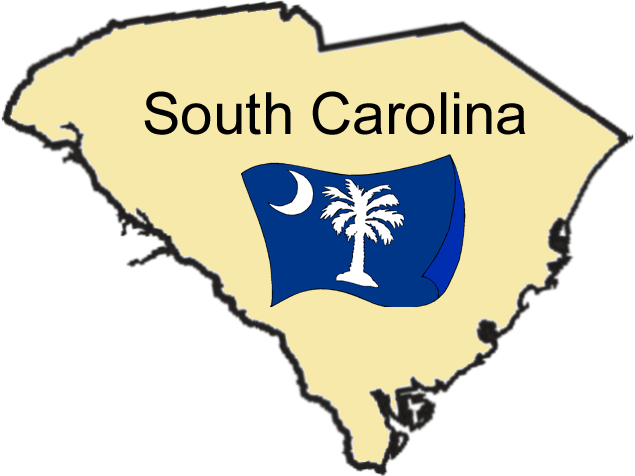

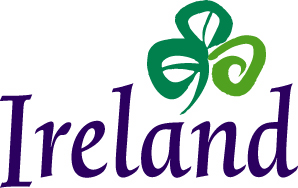




 Quit Victoria executive director Fiona Sharkie welcomed the proposal, saying it was number one on the body's budget wish. "We are very happy, increasing the price on cigarettes is the single best way to bring smoking rates down," she said. A tobacco tax hike could raise two-thirds of the $3 billion Prime Minister Kevin Rudd needs to pay for the health and hospital sweeteners he has offered the states, as he tries to win their endorsement of his health reforms. The government needs to find an extra $3 billion to meet its promises on extra funding for elective surgery, emergency departments and aged care during the next four years. It will need to find a further $15 billion to fund the reforms between 2015-20.
Quit Victoria executive director Fiona Sharkie welcomed the proposal, saying it was number one on the body's budget wish. "We are very happy, increasing the price on cigarettes is the single best way to bring smoking rates down," she said. A tobacco tax hike could raise two-thirds of the $3 billion Prime Minister Kevin Rudd needs to pay for the health and hospital sweeteners he has offered the states, as he tries to win their endorsement of his health reforms. The government needs to find an extra $3 billion to meet its promises on extra funding for elective surgery, emergency departments and aged care during the next four years. It will need to find a further $15 billion to fund the reforms between 2015-20. VicHealth CEO Todd Harper said pricing was the most important way to reduce smoking. "I think it's an essential strategy to protect the long-term health of Australians," he said. "More than half of all long-term smokers will die because of their smoking." Young people and low income earners would be most affected by any price hike, he said. He also called for a portion of the extra revenue to be used for health promotion programs supporting and encouraging people to quit and stop a new generation of smokers in its tracks. It was also important to focus on making cigarette packaging less attractive, ramping up media advertising of quit programs, and extending the availability of quitting services, he said.
VicHealth CEO Todd Harper said pricing was the most important way to reduce smoking. "I think it's an essential strategy to protect the long-term health of Australians," he said. "More than half of all long-term smokers will die because of their smoking." Young people and low income earners would be most affected by any price hike, he said. He also called for a portion of the extra revenue to be used for health promotion programs supporting and encouraging people to quit and stop a new generation of smokers in its tracks. It was also important to focus on making cigarette packaging less attractive, ramping up media advertising of quit programs, and extending the availability of quitting services, he said. April 14, 2010 - Cigarette-makers are cutting back on the amount of leaf they'll buy this year, early reports from the latest annual round of grower contract negotiations show.
April 14, 2010 - Cigarette-makers are cutting back on the amount of leaf they'll buy this year, early reports from the latest annual round of grower contract negotiations show.
